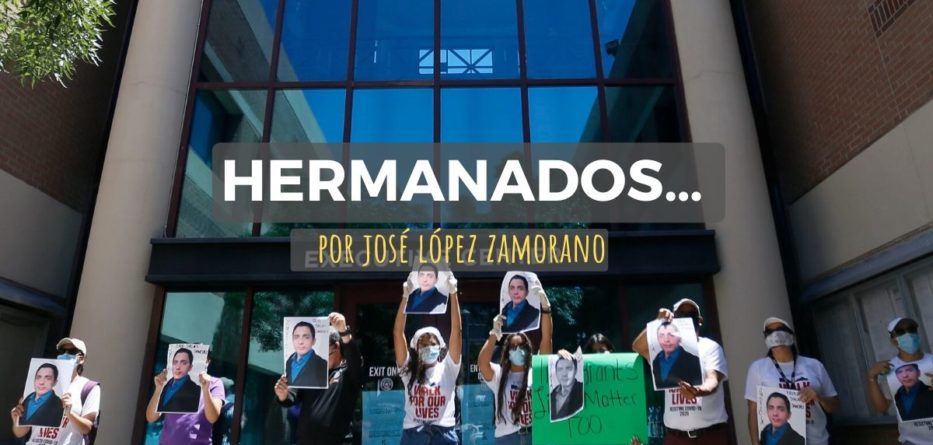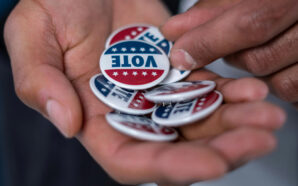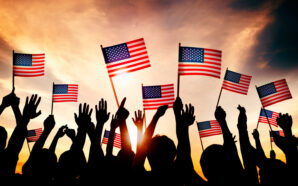Two years before he was assassinated in Memphis, Tennessee on April 4, 1968, the African-American leader of the civil rights struggle, the Rev. Martin Luther King sent a telegram to the advocate for farmworker rights, Mexican-American César Chavez.
“As brothers in the fight for equality, I extend my hand of camaraderie and goodwill … Our separate struggles are really one: a fight for freedom, dignity, and humanity … We are together with you in spirit and in the determination that our dreams of a better tomorrow will materialize.”
King wrote the message touched by Chávez’s march from Delano, California to Sacramento to make visible the demands of Mexican and Filipino agricultural workers. During that time, the African American reverend was preparing the March of the Poor to Washington in coordination with the Southern Christian Leadership Conference (SCLC).
The name of King’s movement reflected an inescapable reality: poverty is colorless, multi-racial and multi-ethnic, yet causes disproportionate injuries to minorities.
This week, fifty-four years after that telegram, a group of young Latinos marched in front of the municipal building in El Paso, Texas, to demand justice for the murder of George Floyd, but also for the death of the mentally ill Hispanic Erik Salas, Sánchez, killed by the police at his home in 2015. His message was clear: “Justice for George, Justice for Erik, Justice for All.”
Ten years after the death of Martin Luther King, inspired by the pacifist spirit of the African American leader, César Chávez said that few have experienced the satisfaction of dedicating a life to the fight for justice through non-violent means. “MLK was one of his unique servers and we learned many lessons from him that have guided us,” he wrote.
The solidarity relationship between Chávez and King has been documented in a showcase of the National Museum of African American History and Culture in the American capital. A short distance from the museum, on 16th Street in Washington DC that leads to the White House, there is a gigantic mural on the asphalt with the legend in yellow letters “Black Lives Matter”.
There is no doubt that King and Chávez’s egalitarian dreams have registered tortuously slow progress. It is true that the United States elected and re-elected its first African-American president and that the protests over the death of George Floyd are overwhelmingly white.
But the uneven impact of the COVID-19 pandemic and its health and economic consequences among African-Americans and Latinos, and the disproportionate number of both minorities who are victims of excessive use of force and imprisonment, confirm that we are joined by serious challenges.
That requires inclusive, urgent, and substantive legal reforms. But it is not enough. It requires a cultural shift in racial sensitivity that begins in every home, in every classroom, and in the entertainment industry.
MLK shared the idea that the arc of the moral universe is huge but always leans toward justice.
It is true. Only sometimes you do have to give it some help because that inclination has been slow and hasty. Fortunately, we have the legacy of King and Chávez to show us the way to demand justice and dignity: in a firm and passionate, but peaceful way.
For more information visit www.laredhispana.com.






